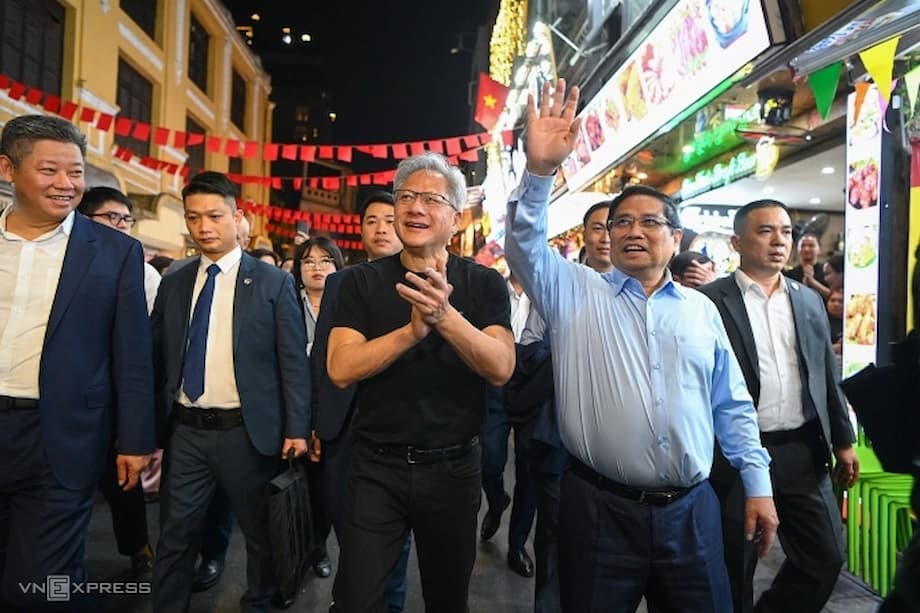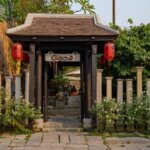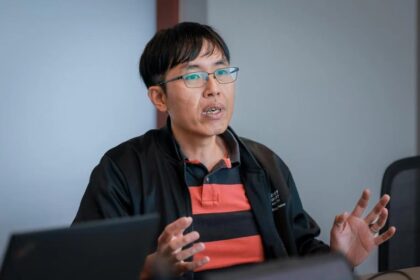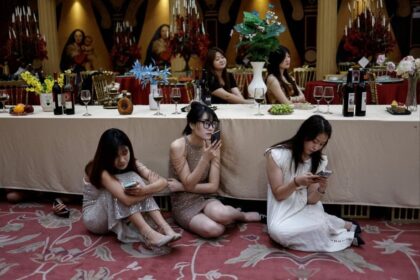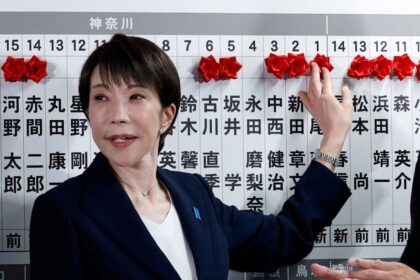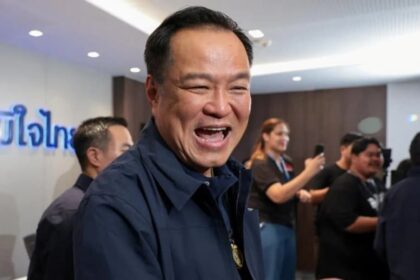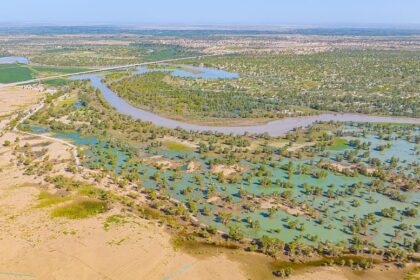Vietnam’s Ambitious 2025 Visa Exemption Policy: Opening Doors to the World’s Elite
Vietnam is making headlines in 2025 with a sweeping overhaul of its visa exemption policy, signaling a bold new era for international engagement, tourism, and economic development. The government’s latest reforms not only extend visa-free travel to citizens of key countries but also introduce unprecedented exemptions for high-profile individuals—ranging from billionaires and tech experts to world-class athletes and cultural icons. This move positions Vietnam as a dynamic, globally competitive destination eager to attract talent, investment, and visitors from around the world.
- Vietnam’s Ambitious 2025 Visa Exemption Policy: Opening Doors to the World’s Elite
- Who Qualifies for Vietnam’s New Visa Exemptions?
- Expanding Visa-Free Travel: Which Countries Are Included?
- The E-Visa Revolution: Simplifying Access for All
- Golden Visa and Long-Stay Options: Attracting Global Talent
- Tourism and Economic Impact: A Surge in International Arrivals
- Requirements and Application Process: What Travelers Need to Know
- Challenges and Future Directions: Striking a Balance
- In Summary
Who Qualifies for Vietnam’s New Visa Exemptions?
The centerpiece of Vietnam’s 2025 visa reforms is Decree 221, issued on August 8, which lays out six distinct categories of foreigners eligible for temporary visa exemptions. This policy is designed to support Vietnam’s socio-economic development by attracting individuals whose presence can make a significant impact.
The main categories include:
- Guests of High-Ranking Officials: Individuals invited by top leaders such as the Party General Secretary, President, Prime Minister, Chief Justice, ministers, and provincial leaders.
- Scholars, Scientists, and Experts: University professors, research institute members, chief engineers, and elite digital technology professionals who have received prestigious international recognition.
- Investors and Corporate Leaders: Executives from companies listed among the world’s top 100 by market capitalization, as recognized by reputable international organizations.
- Cultural, Artistic, and Sports Figures: Influential personalities in culture, arts, sports, and tourism, including footballers ranked among the world’s top 100 and invited by Vietnamese professional clubs.
- Honorary Vietnamese Consuls and Guests: Honorary consuls abroad and guests from approved research institutes, universities, and large enterprises.
- Other Special Cases: Individuals deemed vital for foreign affairs or socio-economic purposes, as determined by the Minister of Public Security.
Eligible individuals receive a special visa exemption card—either electronic or chip-based—valid for multiple entries over a maximum of five years, but not exceeding the passport’s remaining validity minus 30 days. Each entry allows a stay of up to 90 days, with the possibility of extensions or conversion to other visa types if needed.
Why Target High-Profile Foreigners?
This is the first time Vietnam has introduced a limited-term visa exemption specifically for high-value foreign nationals. The aim is clear: to attract elite talent, high-quality human resources, start-up innovators, and top experts in priority sectors such as semiconductors, digital technology, and creative industries. By welcoming renowned investors, cultural figures, and athletes, Vietnam hopes to foster a dynamic, globally competitive economy and elevate its international profile.
Expanding Visa-Free Travel: Which Countries Are Included?
Alongside targeted exemptions for individuals, Vietnam has also extended and expanded its visa-free entry policy for citizens of select countries. As of March 15, 2025, citizens from 12 countries can enter Vietnam visa-free for up to 45 days, regardless of passport type or purpose of entry. These countries are:
- Germany
- France
- Italy
- Spain
- United Kingdom
- Russia
- Japan
- South Korea
- Denmark
- Sweden
- Norway
- Finland
This extension is valid until March 14, 2028, and may be renewed further. The policy aims to facilitate travel, promote exchange, and foster cooperation between Vietnam and these nations. Notably, Belarus, previously included, now benefits from a separate bilateral agreement allowing 30-day visa-free stays per entry.
From March 1 to December 31, 2025, citizens of Poland, the Czech Republic, and Switzerland can also enjoy visa-free travel to Vietnam for tourism purposes, with stays of up to 45 days. This temporary measure is part of a broader tourism stimulus program designed to attract more European visitors.
How Does Vietnam Compare to Regional Neighbors?
While these reforms mark a significant step forward, Vietnam’s list of visa-exempt countries remains more limited than those of regional competitors like Thailand, Malaysia, and Singapore, which offer broader visa-free access. However, Vietnam is rapidly catching up by expanding its e-visa program and introducing flexible, targeted exemptions for high-value individuals and groups.
The E-Visa Revolution: Simplifying Access for All
Since August 2023, Vietnam’s e-visa system has been open to citizens of all countries, allowing stays of up to 90 days with multiple entries. The online application process is straightforward, requiring personal information, passport details, and travel plans. Once approved, travelers can enter Vietnam through 42 designated ports, including 13 international airports, 16 land border gates, and 13 sea ports.
This digital shift has made short-term visits for tourism, business, or family more accessible than ever. The removal of the previous 30-day re-entry gap means travelers from visa-free countries can re-enter Vietnam immediately after exiting, further enhancing flexibility.
Special Cases: Phu Quoc Island and APEC Card Holders
Phu Quoc Island remains a unique case: travelers arriving directly from abroad can stay visa-free for up to 30 days, provided they do not travel to other parts of Vietnam. Holders of the APEC Business Travel Card enjoy up to 60 days of visa-free entry, reflecting Vietnam’s commitment to facilitating business and regional cooperation.
Golden Visa and Long-Stay Options: Attracting Global Talent
Vietnam is also considering a “golden visa” program, offering five- to ten-year renewable visas for individuals making significant economic, scientific, or cultural contributions. This would be piloted in major cities and economic hubs, targeting global talent in innovation, finance, arts, and tourism. The golden visa aims to fill gaps in the current investor visa system, which remains capital-focused and limited in scope.
Under the draft decree, business leaders, scientists, artists, medical professionals, digital creators, and other high-skill groups could qualify for a five-year visa exemption card. Eligibility criteria include:
- Executives from top global firms
- STEM experts from OECD countries
- Medical scientists with international recognition
- Artists and athletes with global reputations
- Tech professionals in priority sectors
- Tourism ambassadors with large social media followings
This card would allow stays of up to 90 days at a time within the five-year period and may include electronic identification features. If approved, these reforms would make Vietnam one of the most attractive destinations in Southeast Asia for global talent and long-term residents.
Tourism and Economic Impact: A Surge in International Arrivals
Vietnam’s visa reforms are already yielding results. In the first half of 2025, the country welcomed over 10.6 million foreign visitors—a 20.7% increase year-on-year. European interest has surged, with Poland seeing a 306% increase in travel searches, and the Czech Republic and Switzerland experiencing rises of 155% and 68%, respectively. The government aims to attract 22 to 23 million international tourists in 2025, surpassing pre-pandemic levels.
Popular destinations among European travelers include Da Nang, Ho Chi Minh City, Hanoi, Phu Quoc, and Nha Trang, known for their blend of traditional culture, modern development, and scenic landscapes. The expanded visa-free access is expected to benefit the tourism and hospitality sectors, increasing both the frequency and duration of visits.
Beyond Tourism: Fostering Trade, Investment, and Innovation
The broader goal of Vietnam’s visa overhaul is to spark stronger international bonds—not only in tourism but also in trade, investment, and cultural exchange. By making travel easier for business leaders, investors, and innovators, Vietnam is positioning itself as a hub for regional and global cooperation. The reforms are also expected to attract start-up founders, digital creators, and high-skill professionals in priority sectors, supporting Vietnam’s transition to a knowledge-based economy.
Requirements and Application Process: What Travelers Need to Know
To benefit from visa exemptions, travelers must meet certain requirements:
- Hold a valid passport with at least six months’ validity beyond arrival and at least two blank pages
- Not be subject to entry bans or exclusion under Vietnamese law
- Provide proof of onward travel and accommodation (in some cases)
- For special categories (experts, investors, athletes), provide an invitation or nomination letter from relevant authorities or organizations
Visa exemption cards are issued electronically or as hard cards with chips, both carrying equal legal validity. The exemption period cannot exceed five years and must be at least 30 days shorter than the passport’s remaining validity. Each entry allows a stay of up to 90 days, with the possibility of extensions or conversion to other visa types if needed.
For those not eligible for visa-free entry, Vietnam’s e-visa system offers a convenient alternative, with applications processed online and approval typically granted within a few days.
Challenges and Future Directions: Striking a Balance
Despite these advances, Vietnam faces challenges in matching the visa flexibility of some regional competitors. Industry leaders suggest adopting more flexible visa models, such as seasonal visas, nationality-specific deals, and special passes for business travelers and frequent visitors. Conditional visa exemptions for tourists booking through reputable agencies and pilot seasonal waivers are also proposed.
Beyond visa policy, Vietnam must continue to improve service quality, upgrade infrastructure, and develop unique tourism products to encourage longer stays and repeat visits. Challenges include uneven service quality, inadequate infrastructure, pollution, and weak management during peak seasons. Sustainable growth will require coordinated efforts to refine visa policies, invest in infrastructure, enhance marketing, train the workforce, and promote green tourism.
In Summary
- Vietnam’s 2025 visa reforms introduce targeted exemptions for billionaires, scholars, tech experts, and other high-profile individuals, aiming to attract global talent and investment.
- Citizens from 12 countries (including Germany, France, UK, Japan, South Korea) can enter Vietnam visa-free for up to 45 days until March 2028; Poland, Czech Republic, and Switzerland enjoy temporary exemptions for tourism in 2025.
- The e-visa system is now open to all nationalities, allowing stays up to 90 days with multiple entries and simplified online applications.
- A proposed golden visa and five-year exemption card could further attract long-term residents, investors, and innovators.
- Visa reforms have already boosted tourism, with record increases in European arrivals and a government target of 22-23 million international visitors in 2025.
- Vietnam’s broader strategy aims to foster trade, investment, and cultural exchange, positioning the country as a top destination in Southeast Asia.
- Challenges remain in service quality and infrastructure, but ongoing reforms and investments are set to enhance Vietnam’s global appeal.


